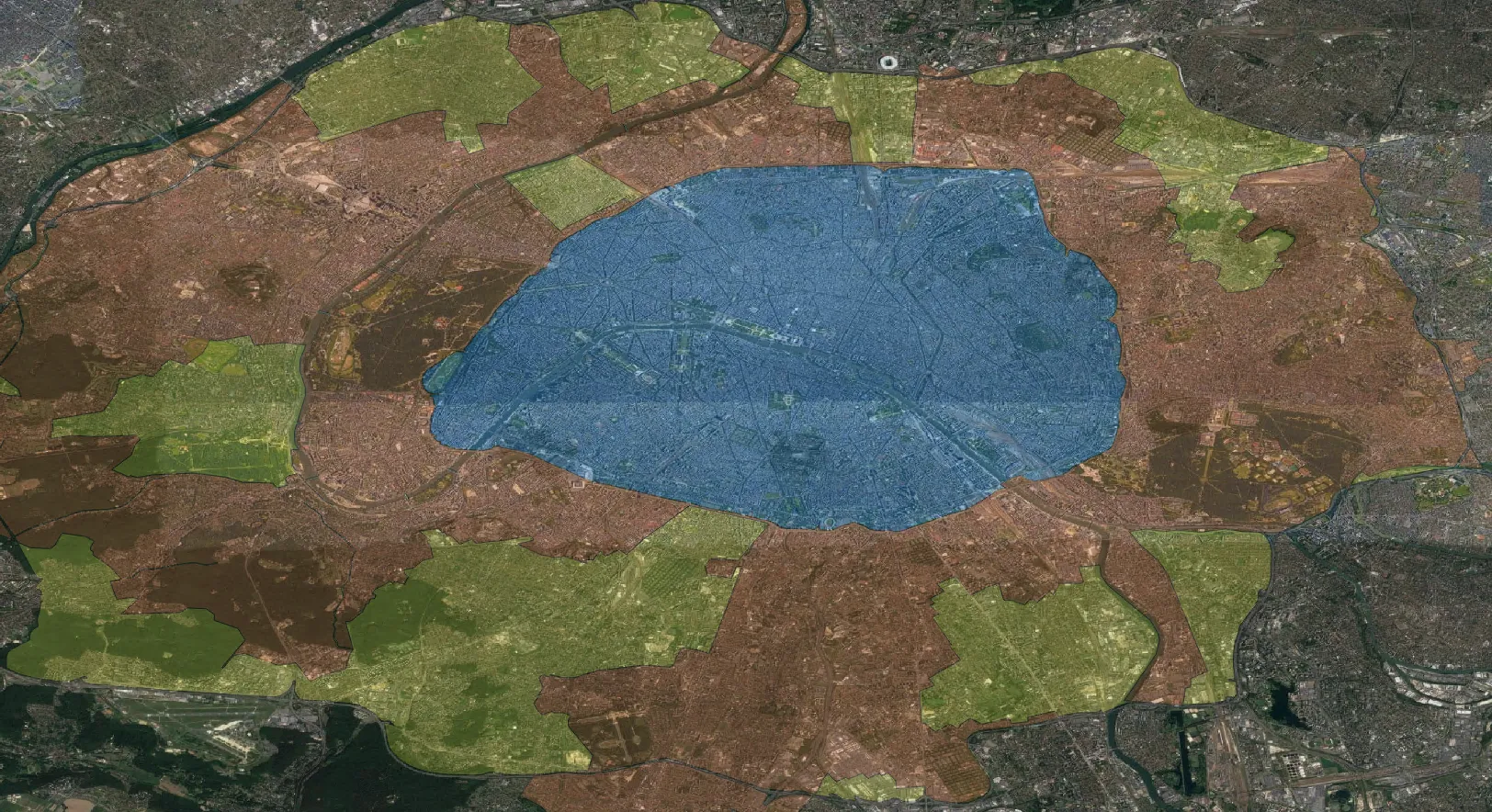April 2016 sees the introduction of a new vehicle toll for use of the road network in Belgium. Freight logistics solutions operator, Rhenus, looks at the impact the charges will have on exporters and importers, to, from and through the country.
As of today, the three regions of Belgium, namely Flanders, Vallonia and Brussels, will implement a kilometre tax for heavy goods vehicles weighing over 3.5 tonnes. This tax will apply to a significant number of the major roads through Belgium.
The road pricin
April 4, 2016
Read time: 2 mins
April 2016 sees the introduction of a new vehicle toll for use of the road network in Belgium. Freight logistics solutions operator, Rhenus, looks at the impact the charges will have on exporters and importers, to, from and through the country.
As of today, the three regions of Belgium, namely Flanders, Vallonia and Brussels, will implement a kilometre tax for heavy goods vehicles weighing over 3.5 tonnes. This tax will apply to a significant number of the major roads through Belgium.
The road pricing will be calculated based on the maximum permissible weight of the trucks, their Euro emission class, and type of the road being used.
Gary Dodsworth, director at Rhenus Logistics, says that while it is not uncommon to see governments introduce road or motorway tolls for HGV use, such decisions can have wide-reaching consequences when the country involved is a transit route for other destinations.
Dodsworth continues: “As a primary transit country for the majority of European destinations, the implementation of a new road toll scheme will have a follow-on effect on HGV routes to any country east of Belgium. Evidence of this was seen a few years ago when Germany introduced the Maut system.
“Unfortunately, the toll cost will have an impact not only on collections and deliveries to and from Belgium, but also on all freight or vehicles that travel within the country en route to other destinations. Rhenus Logistics is making every effort to explain and control these additional costs, aiming to minimise the impact on customers.”
As of today, the three regions of Belgium, namely Flanders, Vallonia and Brussels, will implement a kilometre tax for heavy goods vehicles weighing over 3.5 tonnes. This tax will apply to a significant number of the major roads through Belgium.
The road pricing will be calculated based on the maximum permissible weight of the trucks, their Euro emission class, and type of the road being used.
Gary Dodsworth, director at Rhenus Logistics, says that while it is not uncommon to see governments introduce road or motorway tolls for HGV use, such decisions can have wide-reaching consequences when the country involved is a transit route for other destinations.
Dodsworth continues: “As a primary transit country for the majority of European destinations, the implementation of a new road toll scheme will have a follow-on effect on HGV routes to any country east of Belgium. Evidence of this was seen a few years ago when Germany introduced the Maut system.
“Unfortunately, the toll cost will have an impact not only on collections and deliveries to and from Belgium, but also on all freight or vehicles that travel within the country en route to other destinations. Rhenus Logistics is making every effort to explain and control these additional costs, aiming to minimise the impact on customers.”










